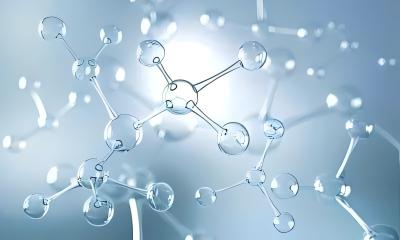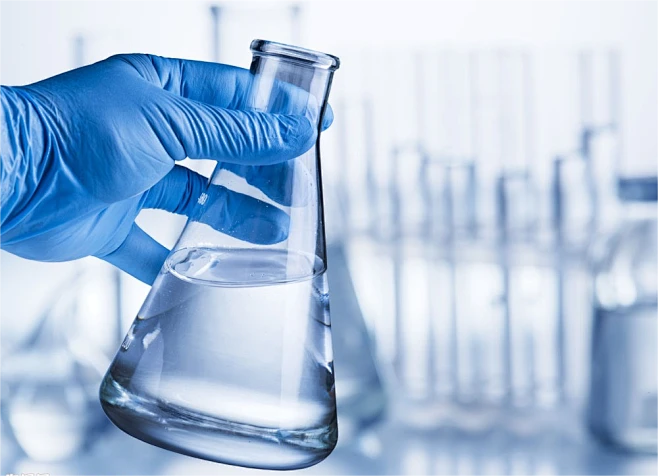2024 / 08 / 02
Differences Between Solid and Liquid Phase Processes in CPVC Resin Production
Chlorinated Polyvinyl Chloride (CPVC) resin, known for its exceptional physical and chemical properties, is becoming increasingly important in the plastics industry. This article presents an in-depth analysis of the two main methods of CPVC resin production: Solid Phase Process and Liquid Phase Process, highlighting their advantages and disadvantages in terms of product performance, cost, and production stability.

The Solid Phase process is an advanced production technique that involves placing PVC resin in a fluidized bed and subjecting it to a chlorination reaction under the catalytic effect of ultraviolet light, efficiently converting it into CPVC resin. The advantages of this method include lower corrosiveness to equipment, higher product purity, and the ability to produce CPVC resin with a chlorine content exceeding 68%.
In the Solid Phase process, temperature control is a critical factor. Fluctuations in temperature may lead to resin agglomeration and color variation, which not only reduce the product’s appearance quality but may also affect its performance stability.

The Liquid Phase process involves suspending powdered PVC resin in water and carrying out a chlorination reaction with the aid of additives. The Liquid Phase process is favored by the majority of CPVC resin manufacturers due to its simplicity, cost-effectiveness, and ease of color control.
CPVC resin produced by the Liquid Phase process typically has a lower chlorine content than that produced by the Solid Phase process. Generally, the chlorine content of CPVC resin obtained by the Liquid Phase process ranges from 64% to 67%. However, some leading international companies have managed to increase the chlorine content to over 70% by adopting more advanced Liquid Phase processes, although this usually entails higher production costs.
The production process of CPVC resin not only determines its performance but also relates to production costs and market competitiveness.
Rallychem Chemical has extensive experience in CPVC pipe production, specializing in reducing the initial production costs for our clients. We excel in addressing challenges such as charring, limited processing range, insufficient toughness, inadequate gloss, and high costs. Our one-stop CPVC product solutions, from design to delivery, ensure a seamless and efficient manufacturing process.
For more information, please contact us.
You May Be Interested
RALLYCHEM brille au salon K 2025 de Düsseldorf | Merci de nous avoir rejoints !
2025 / 10 / 17
Octobre à Düsseldorf - Rendez-vous au K 2025
2025 / 09 / 30
Rallychem a participé à la réunion annuelle de la China Plastics Pipe Association et à la conférence d'échange sur l'industrie.
2025 / 08 / 29
Frequent board breakage? Tame your extruder in three steps to eliminate PVC foam board brittleness.
2025 / 08 / 22
Une nouvelle option pour la lubrification interne des plaques en cristal de carbone : la cire de polyester RL-1116F, une solution professionnelle avec un prix stable et une haute efficacité.
2025 / 08 / 15



Pour toute demande de renseignements, veuillez appeler
Rallychem se fera un plaisir de vous aider !

+86 13456396233

